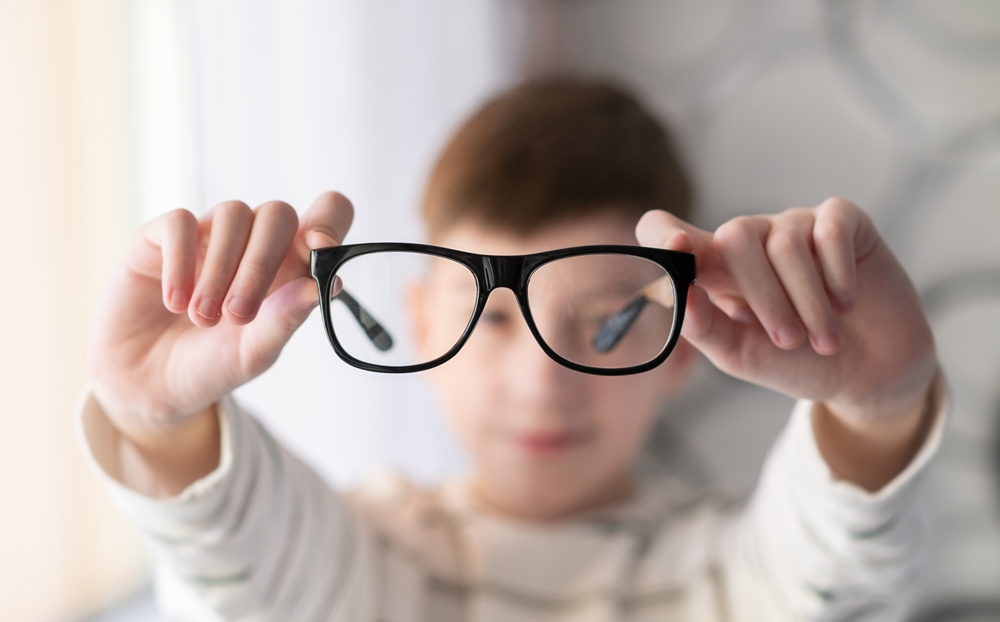
Myopia is a refractive error that affects a significant portion of the global population. This condition occurs when the eyeball is elongated, causing light rays to focus in front of the retina instead of directly on it. As a result, distant objects appear blurred, while near objects remain clear. By intervening early and employing effective management strategies, you can significantly reduce the risk of myopia progression and its associated complications.
Understanding the Causes and Symptoms of Myopia
The causes of myopia are multifactorial, involving both genetic and environmental factors. Individuals with a family history of myopia are more likely to develop the condition. Additionally, factors such as excessive near work, lack of outdoor activities, and prolonged exposure to digital screens can contribute to the development and progression of myopia.
The primary symptoms of myopia include:
- Squinting to see distant objects clearly
- Headaches or eye strain after extended periods of near work
- Difficulty reading road signs or viewing whiteboards in classrooms
The Importance of Early Myopia Management
Myopia is more than just a vision problem; it can have significant long-term consequences if left unmanaged. As the condition progresses, the elongation of the eyeball increases, potentially leading to complications such as:
- Retinal detachment
- Myopic macular degeneration
- Glaucoma
- Cataracts
These complications can severely impact an individual's vision and overall eye health, making early intervention essential. By slowing or halting the progression of myopia at an early stage, the risk of developing these complications is significantly reduced.
Additionally, managing myopia during childhood and adolescence can improve academic performance, social interactions, and overall quality of life. Children with unaddressed myopia may struggle with tasks that require clear distance vision, hindering their ability to learn and participate in various activities.
Effective Management Methods for Myopia
Several effective management methods are available to address myopia progression. The choice of treatment depends on various factors, including the child's age, the severity of myopia, and personal preferences.
MiSight contact lenses are a groundbreaking development in myopia management. These specialized contact lenses are designed with a unique dual-focus optics system that simultaneously corrects refractive error and provides myopia control treatment.
The dual-focus design creates two distinct zones within the lens:
- Correction Zone: This central zone corrects the patient's refractive error, providing clear vision.
- Treatment Zone: The surrounding zone is designed to create a subtle defocus effect, which has been shown to slow the elongation of the eyeball and reduce myopia progression.
Orthokeratology (Ortho-K) is a non-surgical treatment that involves wearing specially designed rigid gas-permeable contact lenses overnight. These lenses gently reshape the cornea, temporarily correcting refractive errors like myopia while the patient sleeps. During the day, the patient can enjoy clear vision without the need for glasses or contact lenses. Additionally, research has shown that Ortho-K can effectively slow myopia progression by reducing the elongation of the eyeball.
Navigating Myopia with the Help of Gregor Eye Care
Myopia is a condition that requires proactive management, especially in children and adolescents. Early intervention is key to preserving your child's vision and overall eye health.
To learn more about the latest advancements in myopia management and find the right solution for your child, schedule a comprehensive eye exam with our experienced optometrist. Visit Gregor Eye Care at our office in Overland Park, Kansas. Call (913) 685-0212 to book an appointment today.








